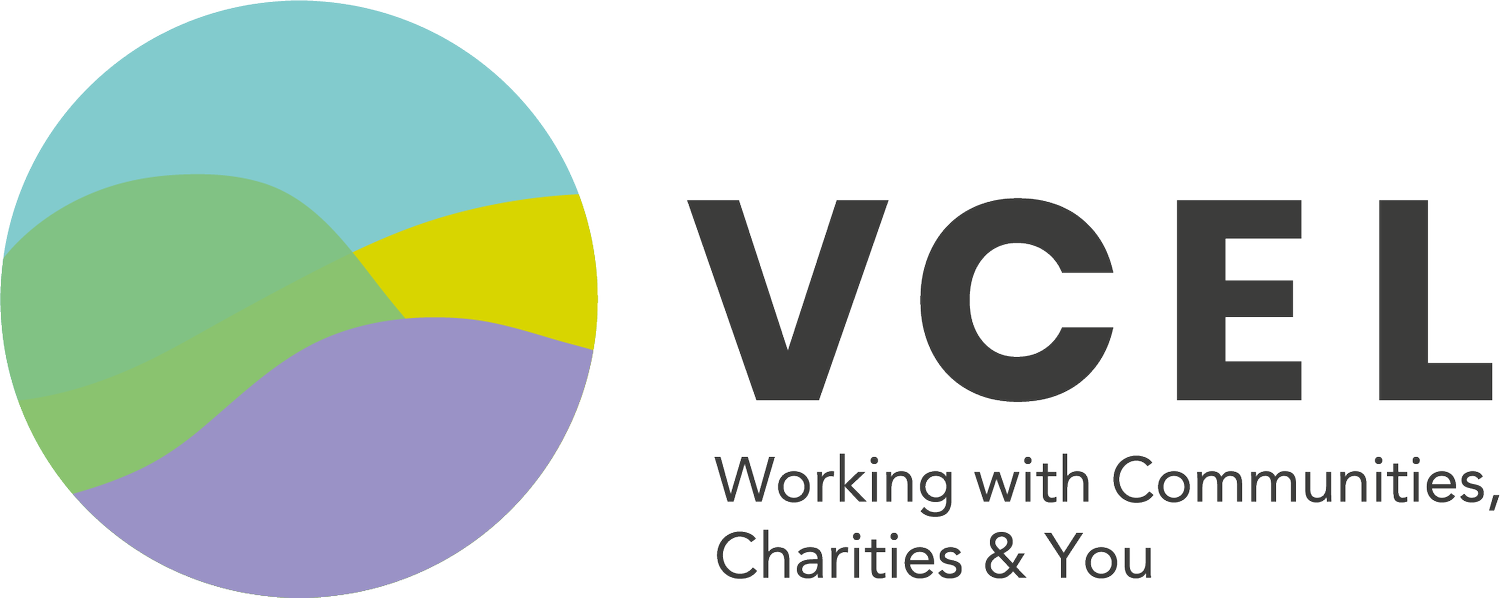Overview
Make sense of children’s ‘challenging’ behaviour through the lens of distress and discover practical ways to support them. This training is aimed at those working with those who work with children displaying this ‘challenging’ behaviour.
Join online via Zoom on Tuesday 25th February - Find out more here.
Key Learning
Exploring our thoughts and beliefs about behaviour
Identifying patterns of behaviour and how they meet a child's needs
Understanding the interconnected brain, moving from co-regulation to self regulation
Interpreting behaviours, and what this tells us about a child’s internal state
Using the internal state and developmental stage of a child to inform our responses
How we view and respond to a child’s behaviour has changed over time. Traditional approaches, that are still being used today, are reactive and have many limitations. If we really want to minimise the reoccurrence of distressed behaviour and bring about long-term change for our children and young people, we need to understand what is going on in their bodies and brains. We also need to be aware of the impact of environmental factors surrounding the child and how we can stay connected when relationships are being pushed to the limit.
This session translates recent findings in neuroscience into practical approaches that help the adult to make sense of behaviour and respond in a considered way. It explores how we can be proactive, making small changes to daily routines that will equip children with the skills they need to meet the demands of everyday life.
Facilitators
Nicola McAllister is a trainer and consultant who specialises in Child Development and Behaviour. She has over 25 years’ experience working with some of our most vulnerable children and young people while providing training, consulting and coaching services to those adults who support them.


